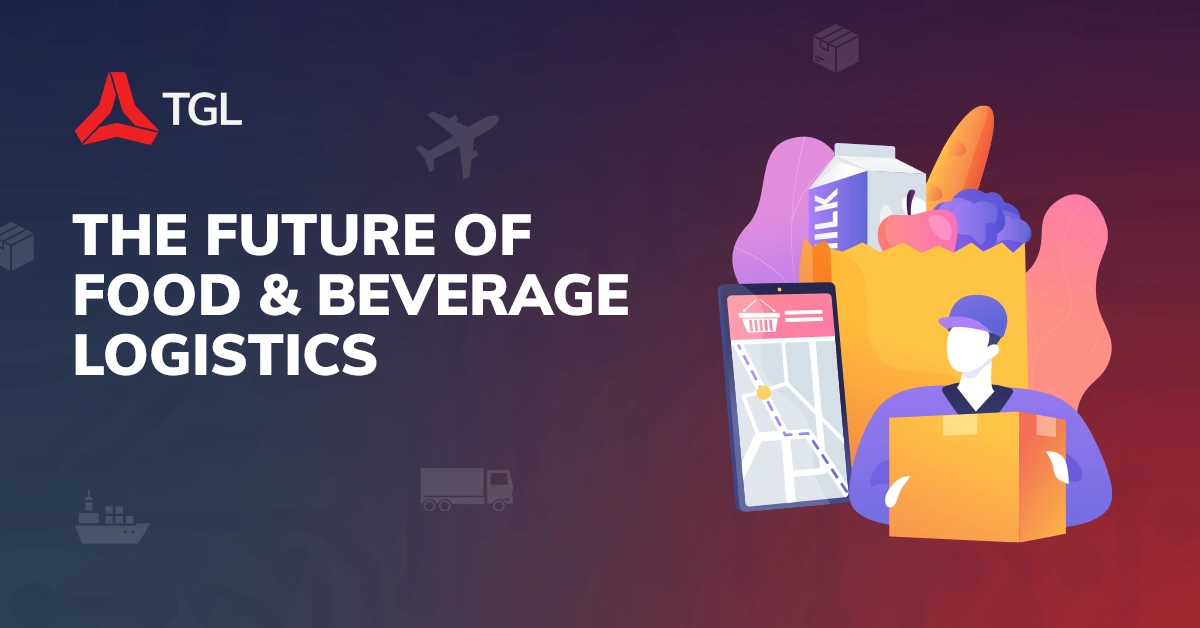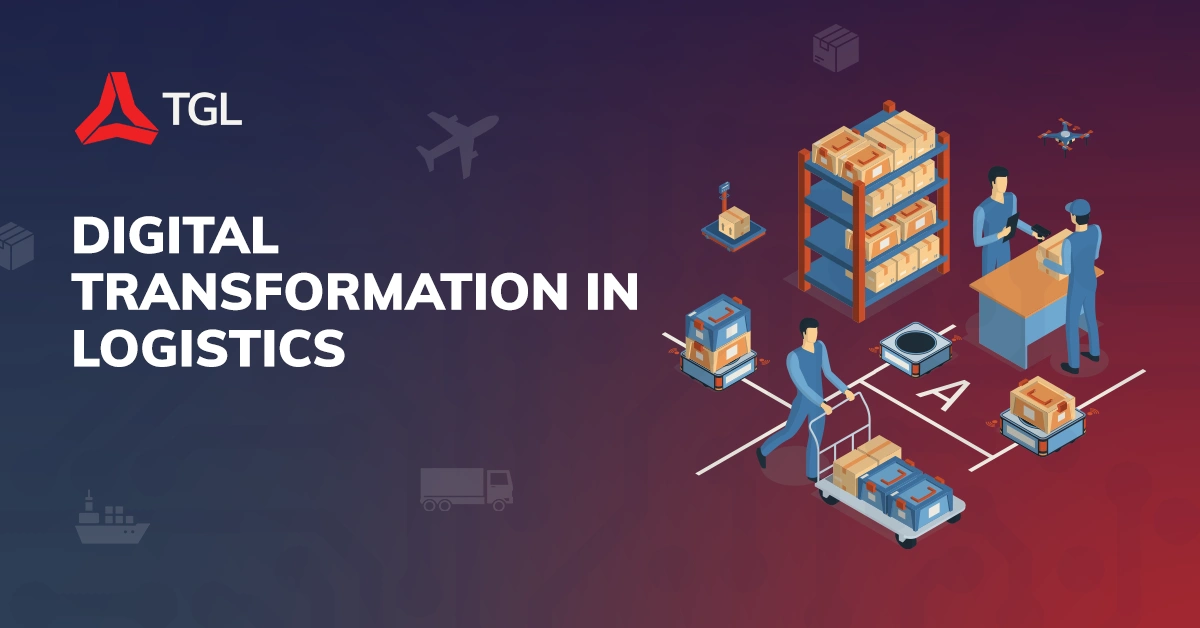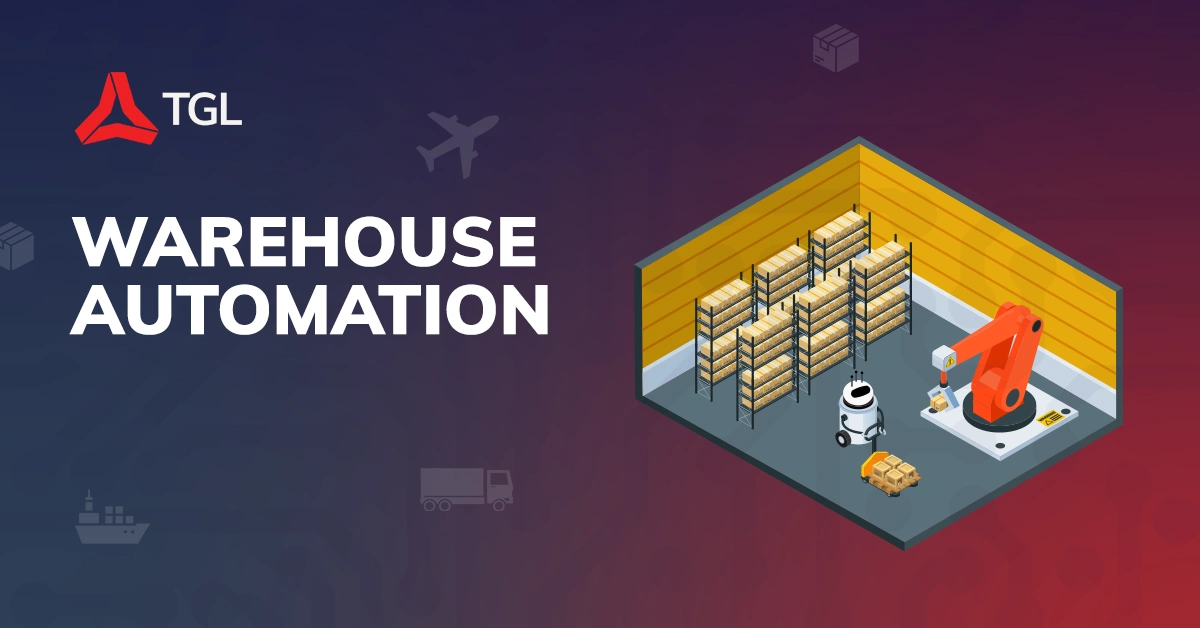Australia Joins the Regional Comprehensive Economic Partnership

Australia, China, Korea, Japan, New Zealand and the ASEAN nations have signed the long-negotiated Regional Comprehensive Economic Partnership (RCEP).
The RCEP is a large Free Trade Agreement (FTA) that covers 58% of Australia's two-way trade in goods and services.
Currently, all parties have signed into the partnership but there is a long path ahead before it becomes Australian law. This agreement needs to go through the Australian parliamentary process before it is approved. Realistically, the partnership approval is likely to happen early on in 2022.
For importers and exporters, the key benefits are: greater likelihood of goods satisfying rules of origin, increase in efficency for Australian companies to integrate into global supply chain networks, exporters to provide a declaration of goods with that being in electric form and there will be better access into RCEP countries for Australian investors and exporters of service.
The true question is will this agreement make trade easier? Although, there are many benefits of this agreement, there are some limitations which could inhabit its use. The core limitation is the direct consignment rules.
Although there are 15 partners, there are still strict rules on what can occur to goods if they are not shipped directly from the exporting party to the importing party. Usually for multi-party partnerships there are minimal rules on indirect shipments that enter a third party country.
However, in RCEP transhipments that move through other RCEP nations, such as Singapore and Malaysia, will be subject to strict requirements, such as the goods must remain in customs control.
Currently, China has elected to ban a number of imports from Australia, such as red wine. Under the China Australia FTA, China promised to grant Australian goods the same rights and market access as goods originating in China. Following Australia joining the RCEP, China has extended this promise in RCEP.
The Association of Southeast Asian Nations (ASEAN) comprises of 10 nations being Brunei, Cambodia, Indonesia, Laos, Malaysia, Myanmar, the Philippines, Singapore, Thailand, and Vietnam.
TGL Team


